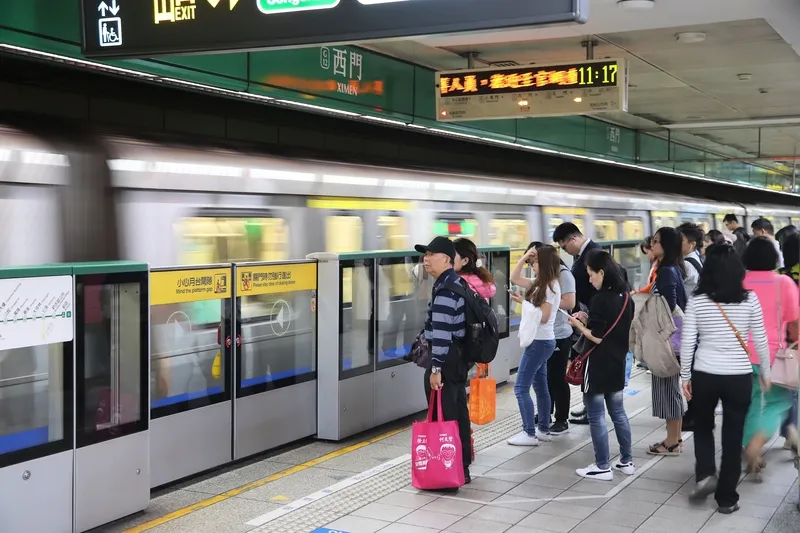
Thales Ground Transportation Systems has been selected by Taipei Rapid Transit Corporation in Taiwan to upgrade the operator’s ticketing system for multiple electronic payment.
Thales and its partner MiTac Information Technology Corporation will design and implement an upgraded automatic fare collection system and retrofit the existing equipment. There are around two million daily passenger transactions.
Taipei Mass Rapid Transit, also known as Metro Taipei, is operated by Taipei Rapid Transit Corporation, which is owned by the government of Taiwan. It is the first metro system in Taiwan and serves the cities of Taipei and New Taipei.
New Taipei is a special municipality and home to an estimated four million people. Taipei - the capital of Taiwan - is an enclave of New Taipei.
The contract is part of Taipei’s policy to provide various options for making contactless payments. This is in addition to the existing stored value card payment solution and will enable multiple electronic payment options across 120 stations.
The upgraded system will incorporate EMV fare media, including Visa, MasterCard, American Express and JCB, as well as QR code payment options such as TRTC SJQR and 3rd party QR codes (LinePay Money Transit QR, EasyCard Transit QR and iCash Transit QR).
Currently, the payment options are only a contactless token/ticket purchased at vending machine or ticket office and contactless stored value card (Easycard, iCash and iPass).
“The award of this project has reinforced the position of Thales in the transportation market in Taiwan with the support and trust from our long-term customer and partner,” said Jean-Marc Reynaud, vice president of revenue collection systems at Thales.






